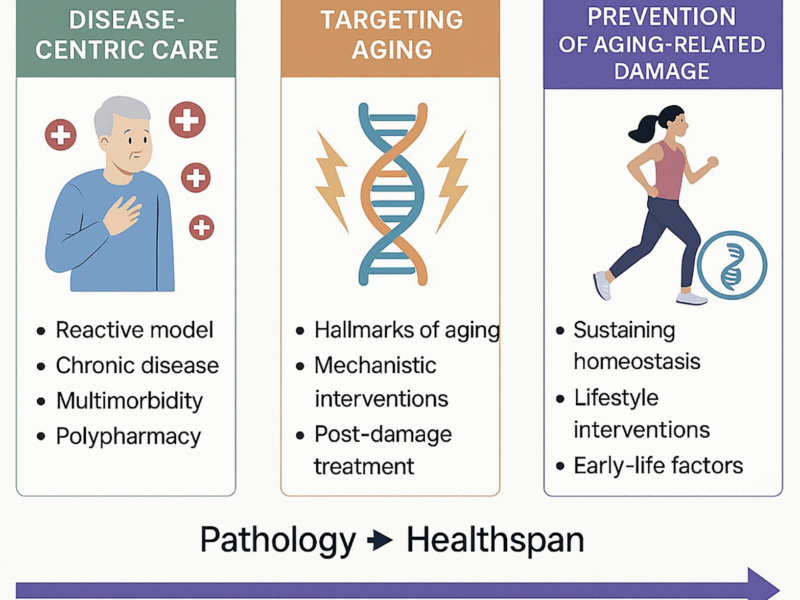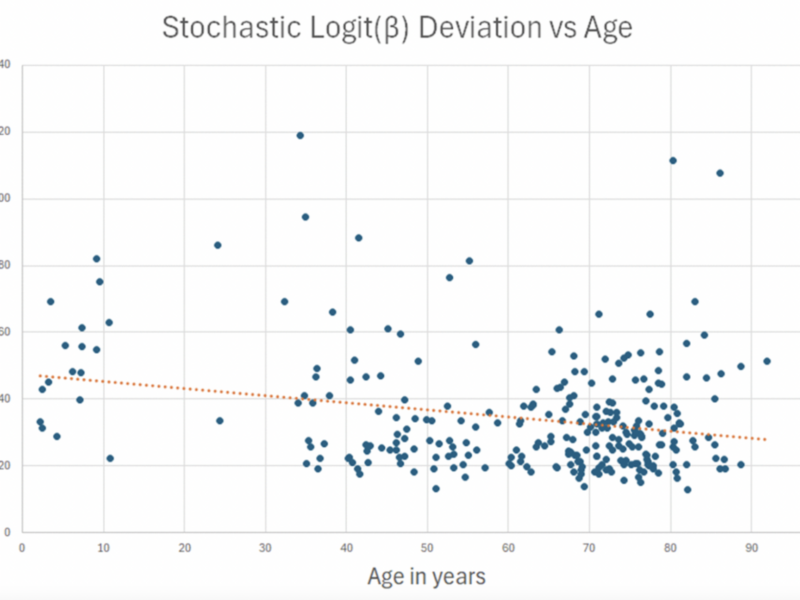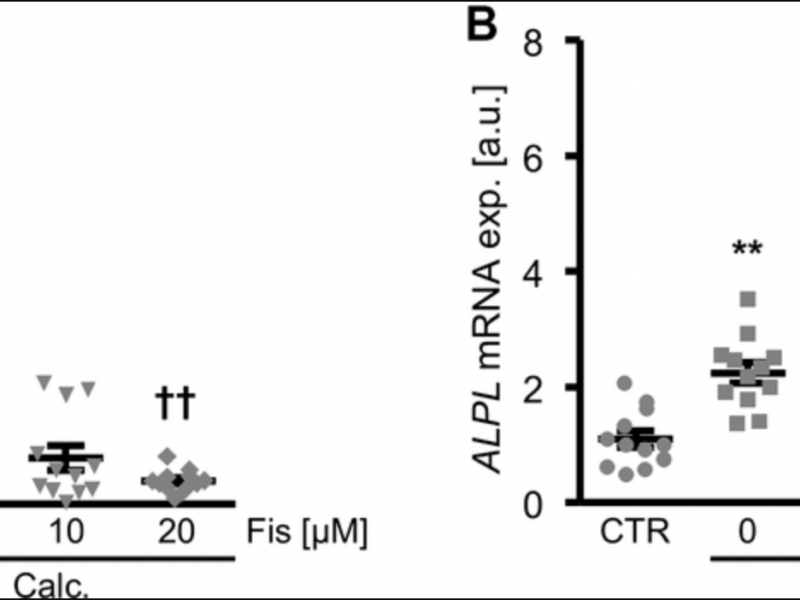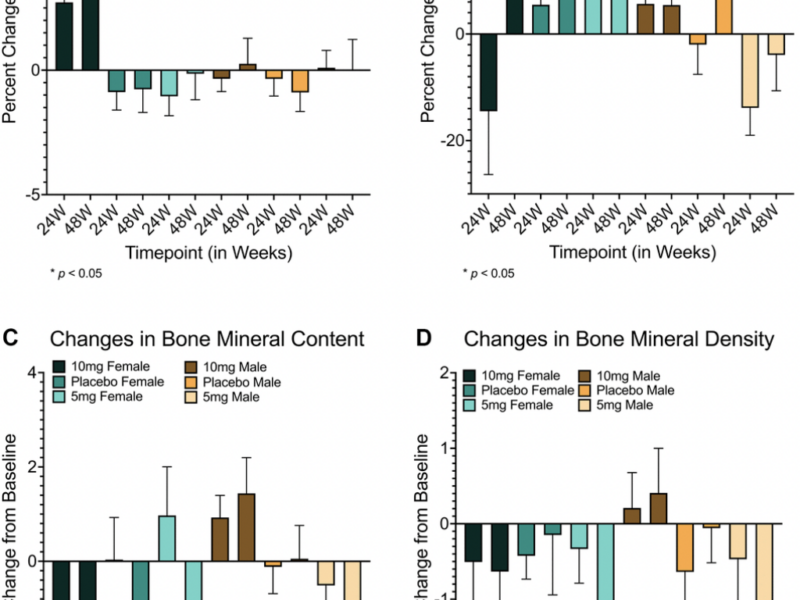Aging-US Research

In a world where we are living longer but not always healthier, scientists are searching for ways to add life to our years, not just years to our lives. A recent study published in Aging (Aging-US), Volume 17, Issue 4, led by researchers at the National University of Natural Medicine, suggests that certain common foods, already known for their health benefits, might also help slow or even reverse epigenetic or biological aging.

Werner syndrome is a rare condition marked by accelerated aging. A recent study, featured as the cover paper in Aging (Aging-US), Volume 17, Issue 4, led by researchers at the University of Oslo and international collaborators, suggests that nicotinamide adenine dinucleotide (NAD+), a vital molecule involved in cellular energy production, may be key to understanding this disease and developing future strategies to manage it.

Aging (Aging-US) invites submissions for a Special Collection dedicated to the theme of cellular senescence, spanning its basic mechanisms, physiological and pathological functions, and clinical applications.
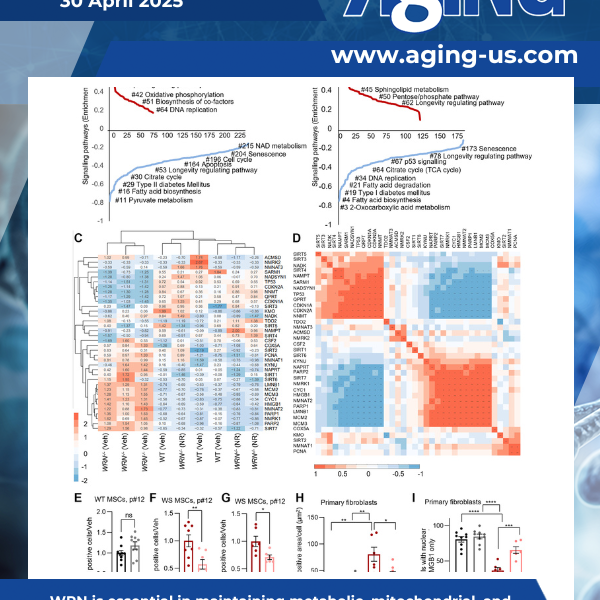
Werner syndrome (WS), caused by mutations in the RecQ helicase WERNER (WRN) gene, is a classical accelerated aging disease with patients suffering from several metabolic dysfunctions without a cure.
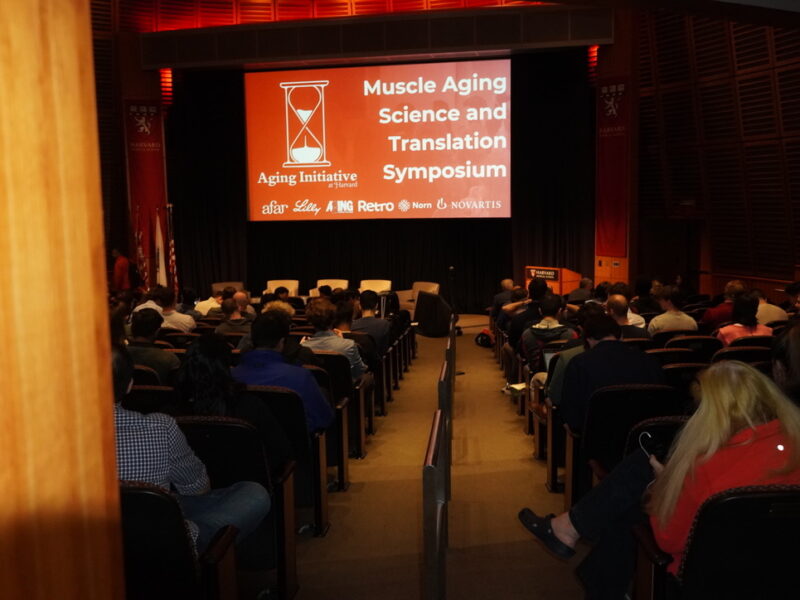
Aging (Aging-US) was proud to sponsor the Muscle Aging Science & Translation (MAST) Symposium, organized by the Aging Initiative at Harvard University on Friday, April 18, 2025. This important event brought together 350 participants—chosen from more than 1,300 applicants—including students, researchers, company founders, investors, and industry leaders.

Breast cancer survivors are living longer than ever, thanks to research and medical advances, but new studies suggest that some treatments may come with a hidden cost: accelerated aging. A recent study, titled “Accelerated aging associated with cancer characteristics and treatments among breast cancer survivors,” published in Aging (Aging-US), reveals that breast cancer and its treatments may speed up biological aging, with effects lasting up to a decade post-diagnosis.

